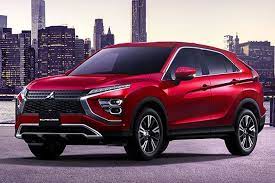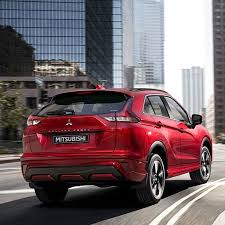
In recent years, Mitsubishi Motors has redefined its role in the global automotive industry by focusing on electrification, digital integration, and sustainability. With rising environmental concerns and tightening emissions regulations worldwide, the shift toward electric vehicles is not just a trend—it's a necessity.
EV Expansion Plans
Mitsubishi recently unveiled plans to expand its electric vehicle lineup by introducing several new battery electric vehicles (BEVs) and plug-in hybrid models by 2026. Among the highlights is the next-generation Outlander PHEV, featuring a longer electric range, faster charging times, and improved performance.
Additionally, the company has announced joint ventures with leading battery manufacturers to develop solid-state batteries—widely seen as the future of EV technology for their efficiency, safety, and longevity.
Smart Mobility & Technology Integration
Beyond electric drivetrains, Mitsubishi is also exploring smart mobility solutions, including connected car technologies, over-the-air (OTA) updates, and vehicle-to-grid (V2G) integration. These innovations will allow Mitsubishi vehicles to communicate with each other, infrastructure, and the power grid—enhancing user convenience and energy efficiency.
Green Manufacturing and ESG Commitment
Sustainability is not limited to vehicles. Mitsubishi is also focusing on greener manufacturing processes. It has committed to reducing CO₂ emissions across its supply chain and aims to source more components from environmentally responsible suppliers. Renewable energy is being increasingly used in its production facilities across Japan and Southeast Asia.
Global Strategy
Mitsubishi’s strategy is tailored to different regions. In Europe, where EV demand is surging, the company is prioritizing fully electric models. In Southeast Asia and other emerging markets, plug-in hybrids will play a larger role, offering a practical transition away from traditional combustion engines.

You must be logged in to post a comment.